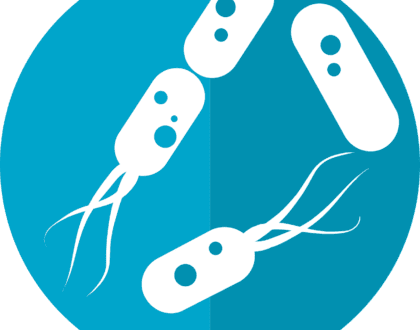The amazing Aspirin and its numerous benefits, now including immunotherapy?


When I was in the lab studying pathways for cell death using different agents, I wondered if aspirin is able to kill off some of the transformed cell lines that I used to work with. One particular cell line that I worked with was incubated with small amount of aspirin in its growth media. These cells that were a chronic myelogenous leukemia line were notoriously difficult to kill using almost any agent. I was amazed to see how a minuscule concentration of aspirin killed off ALL of this cell line in culture. This experiment was done in 1995! I am still very proud of the line of reasoning that led me to try aspirin on this hard to kill cell line. Unfortunately I was not able to pursue the project to its logical conclusion which would’ve been to see how it does this amazing feat, what is the mechanism of action or the pathway.
More than 20 years later, a particular molecule in DNA repair checkpoint is identified (PD-1 and PD-1L) and pharmaceutical companies are fast at work trying to inhibit this check point inhibitor so that eradication of the (transformed) cell is possible. Recently it was found that aspirin, an old and inexpensive drug that has been used for Millenia can block this molecule from keeping the (transformed) cell from toxic affects of chemotherapy! PD-1 and PD-1L help to keep the cell alive and tumours that have low expression of PD-1 L respond best to aspirin’s cytotoxic effects on cancerous cells!
The results were quite compelling in terms of the survival benefits accrued to postsurgical use of aspirin in patients with low levels of PD-L1 expression. This gives some potential therapeutic insight into why aspirin might be a very useful companion drug to give in combination with these rather more expensive, more complex immune blockade inhibitors.
This study and its implications, are significant for many cancers but specially in light of the rise in colorectal cancer, specially in younger groups. Aspirin is the new immuno-thearpy!
I am an expert in auto-immune diseases and in cancer treatments for prevention as well as for chemo and radiation side effect management.
Recommended Posts

Cosmetic Acupuncture
October 28, 2024

Migraines and the Immune System
August 28, 2024

